Sundown Syndrome After Surgery
Sundown syndrome after surgery. LewySavvy Nov 2012. With dementia being clever is an ongoing thing. In hospitals nurses often perceive some of their patients as having sundowners syndrome after surgery.
Sundowners Syndrome in Hospital or After Surgery Hospitals are notorious for causing sleep deprivation thanks to the constant hustle and bustle. Early cognitive decline after surgery is largely reversible by 3 months. Shed get up around 630 in the morning so it wasnt bad.
Sundowners after a visit to the hospital. Several family members have commented here about loved ones who began showing signs of Sundowners when hospitalized or a loved one who had dementia and perhaps some Sundowning symptoms which worsened significantly while in the hospital. Sundown syndrome is a term used to describe a range of unusual behaviors often including agitation confusion and restlessness that occur during the transition from daylight to darkness.
Sundowners syndrome also known as sundowning is a type of mood or sleep disorder often associated with the early stages of. Aside from the factors already listed heres one scenario. Sundowning can cause a variety of behaviors such as confusion anxiety aggression or ignoring directions.
Sundowners syndrome or sundowning is a state of confusion that occurs later in the afternoon and into the night. Sundowners syndrome causes a variety of symptoms including disrutption of normal sleep restlessness and irritability. Its typically seen in the early evening but can also sometimes happen in the morning.
Due to how symptoms appear during a specific time period a number of theories involve the circadian rhythm the bodys natural clock. Late afternoon and early evening can be difficult for some people with Alzheimers diseaseThey may experience sundowningrestlessness agitation irritability or confusion that can begin or worsen as daylight begins to fadeoften just when tired caregivers need a break. There are non-medical ways.
However in the case of a person having undetected dementia prior to a surgery and anesthesia it can be the trigger to bring the dementia out into the open. She loved her bed.
Aside from the factors already listed heres one scenario.
Early cognitive decline after surgery is largely reversible by 3 months. There may be a couple of explanations for this. Postoperative short-term decrease in intellect decrease in cognitive test performance during the first days after surgery is well documented and typically involves decreases in attention memory and fine motor coordination. This state of confusion is most often found in patients who have dementia or Alzheimers disease and is comprised of a range of behaviors including increased confusion anxiety and aggression. LewySavvy Nov 2012. Aside from the factors already listed heres one scenario. Sundowning can cause a variety of behaviors such as confusion anxiety aggression or ignoring directions. There were plenty of days when Mom went down at 430. Some patients only show sundown syndrome after surgery or a period of illness.
Several family members have commented here about loved ones who began showing signs of Sundowners when hospitalized or a loved one who had dementia and perhaps some Sundowning symptoms which worsened significantly while in the hospital. There are probably many types of delirium delirium after operations delirium in the intensive care unit delirium tremens associated with alcohol withdrawal and some we havent separated out. Sundowners syndrome is just a kind of delirium and is common in the elderly after major surgeries. Several family members have commented here about loved ones who began showing signs of Sundowners when hospitalized or a loved one who had dementia and perhaps some Sundowning symptoms which worsened significantly while in the hospital. Sundowners syndrome or sundowning is a state of confusion that occurs later in the afternoon and into the night. While experts arent sure how. With dementia being clever is an ongoing thing.
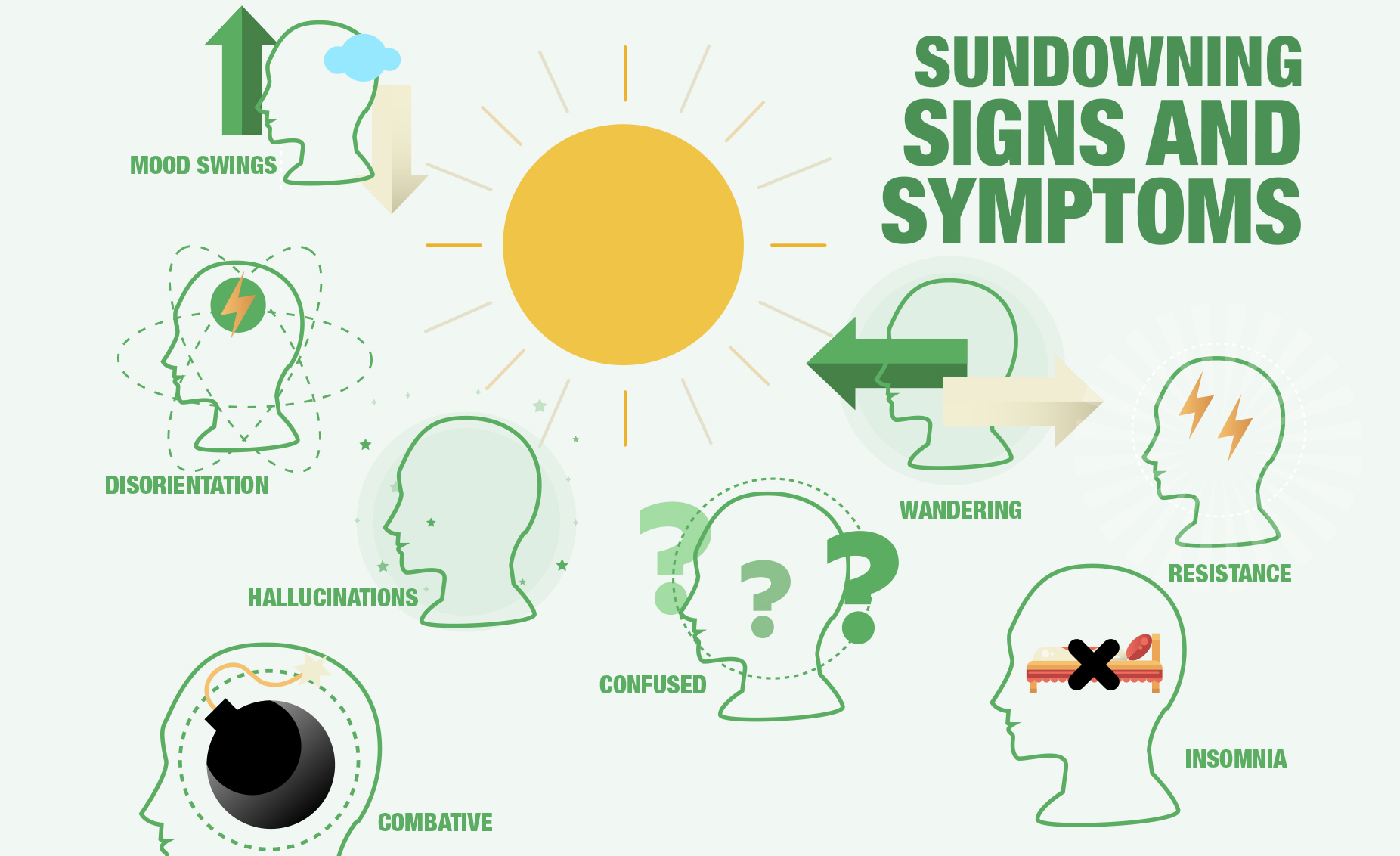




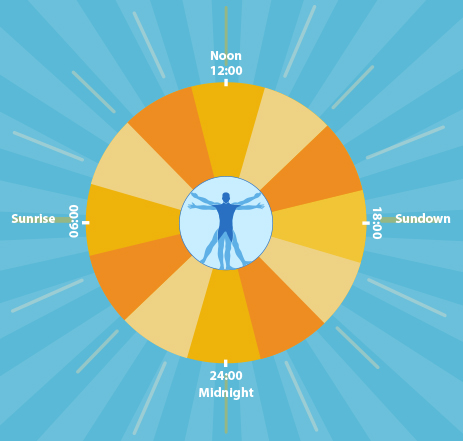
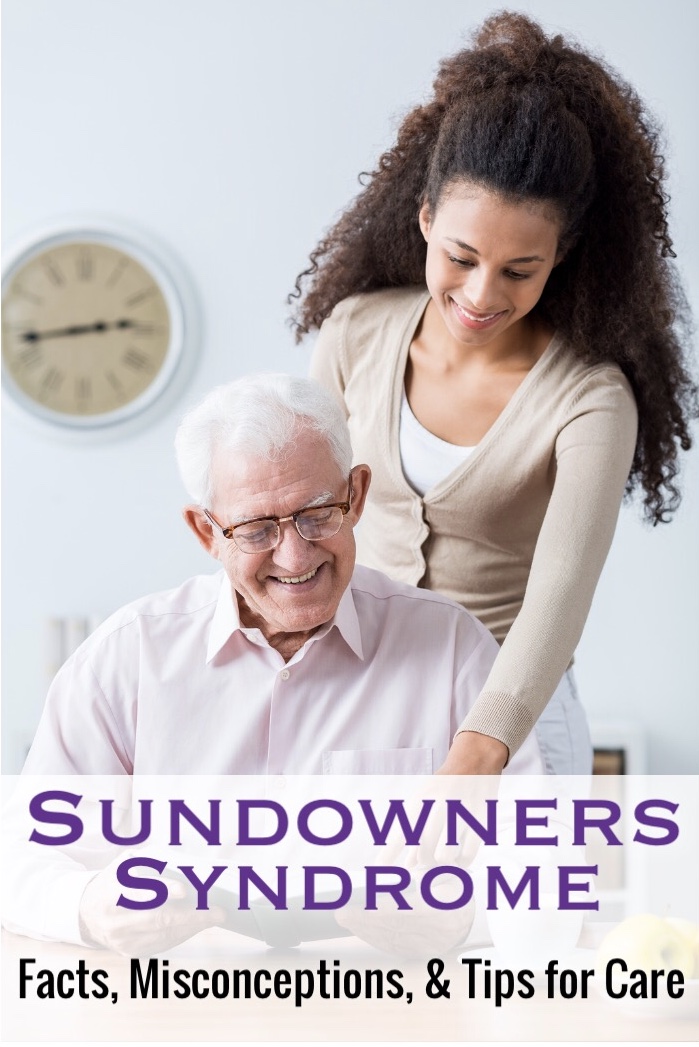
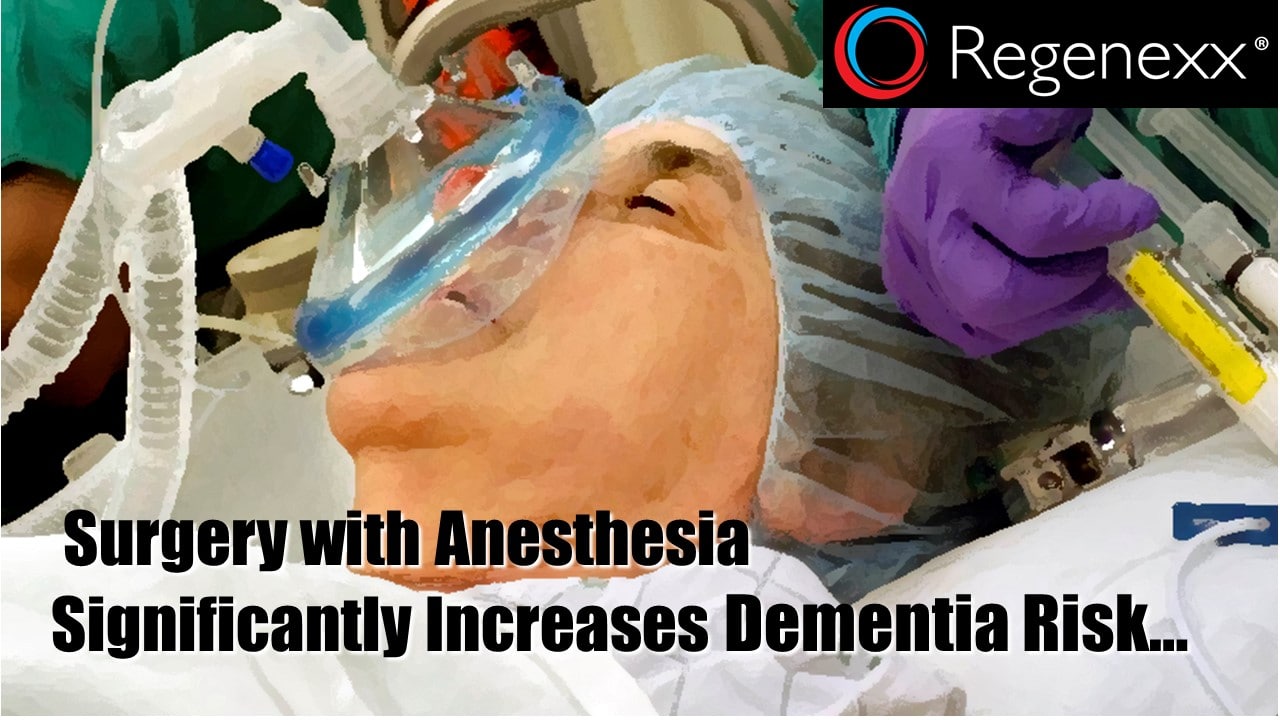





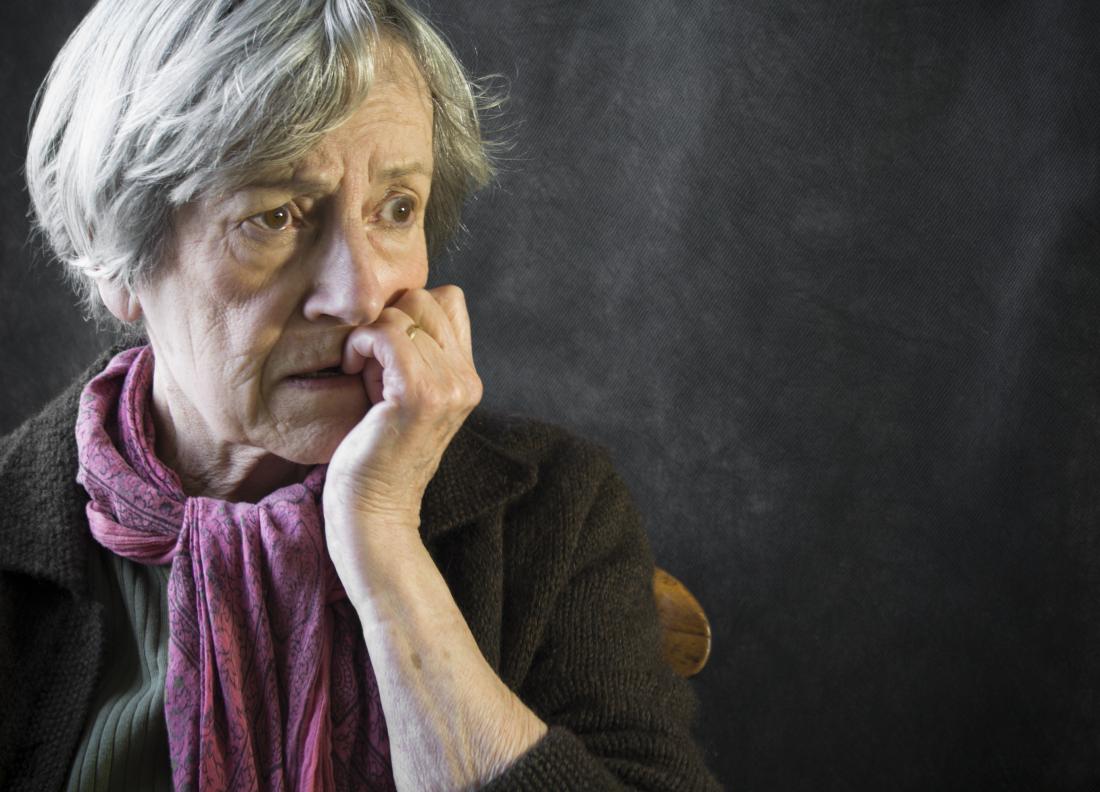
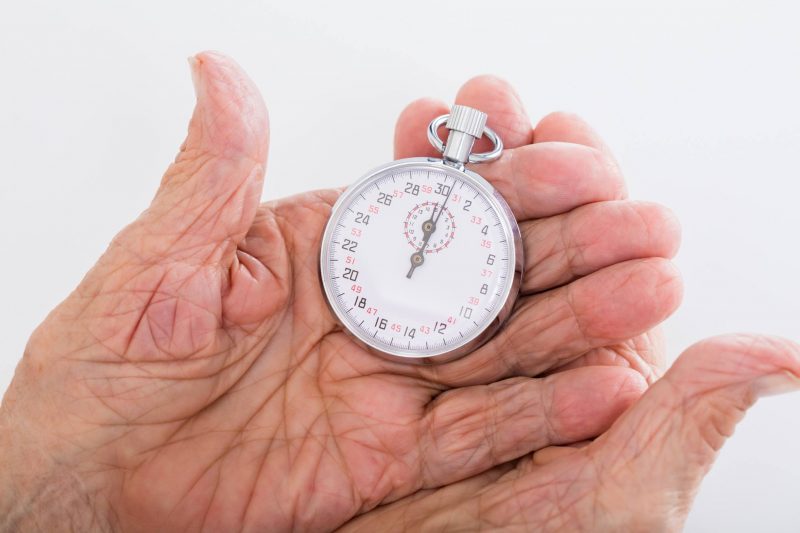
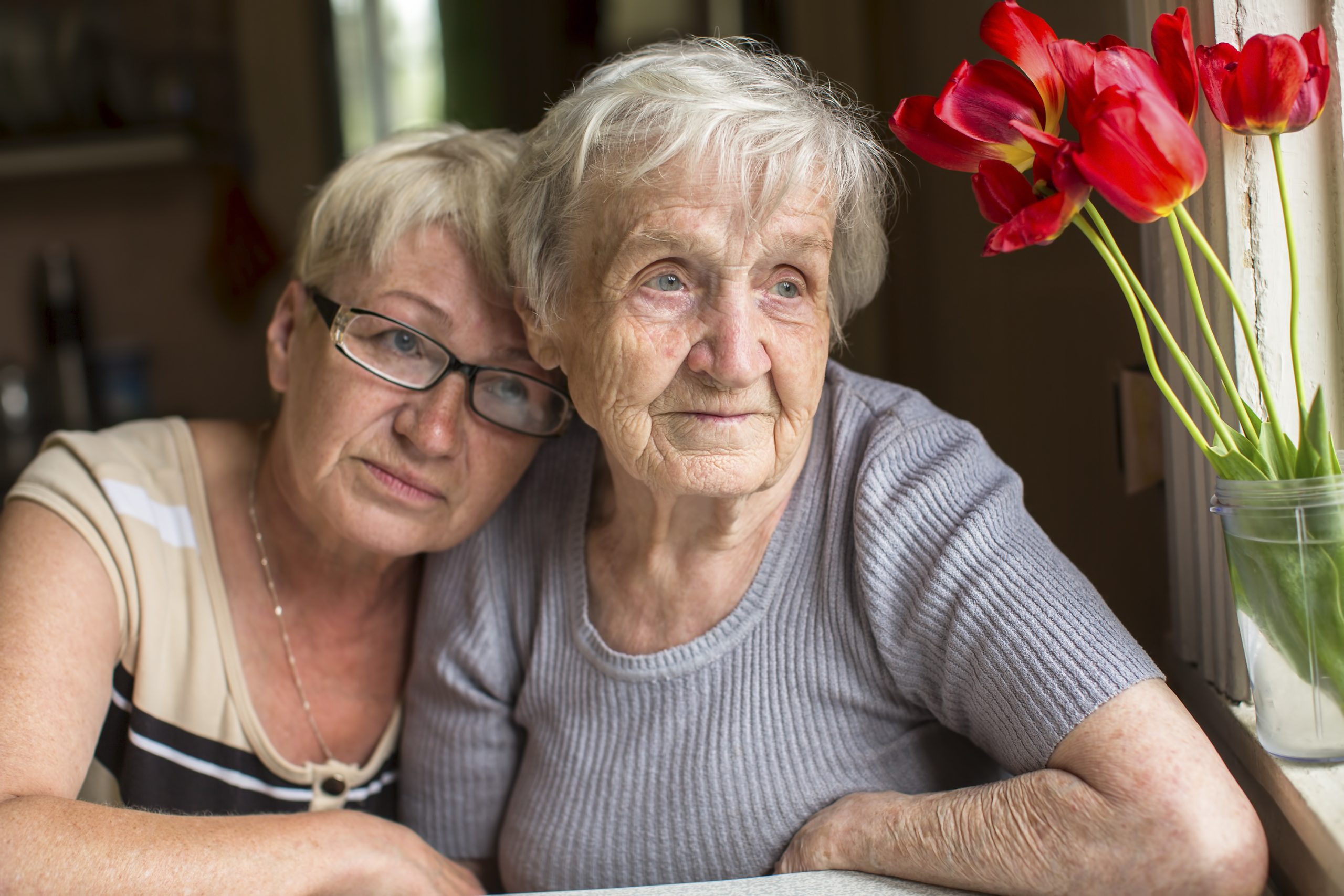



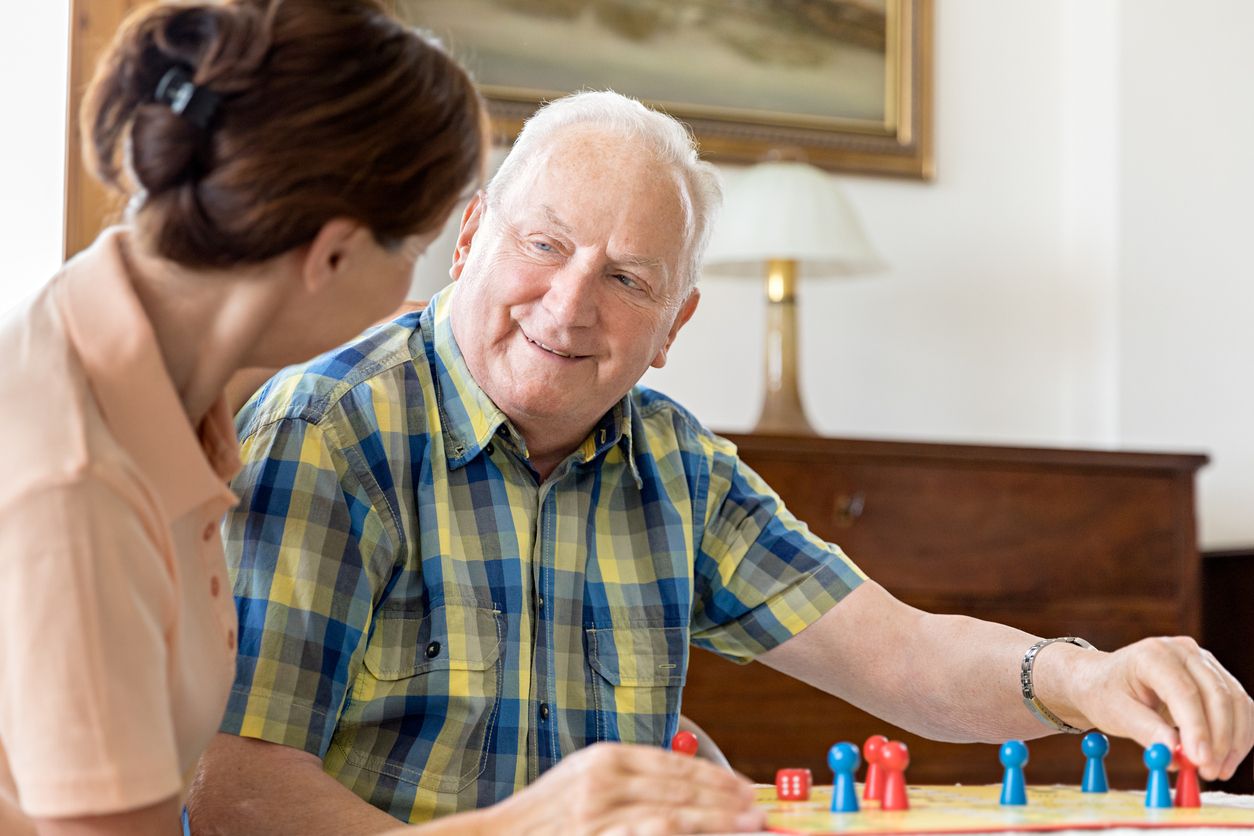
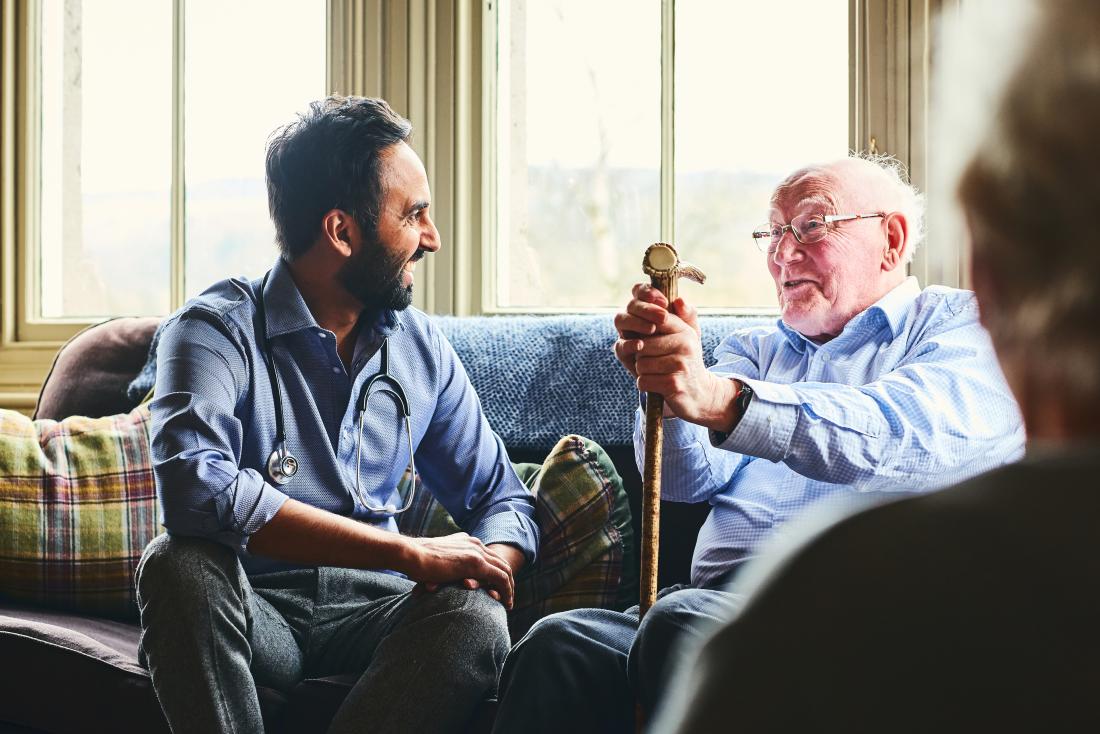


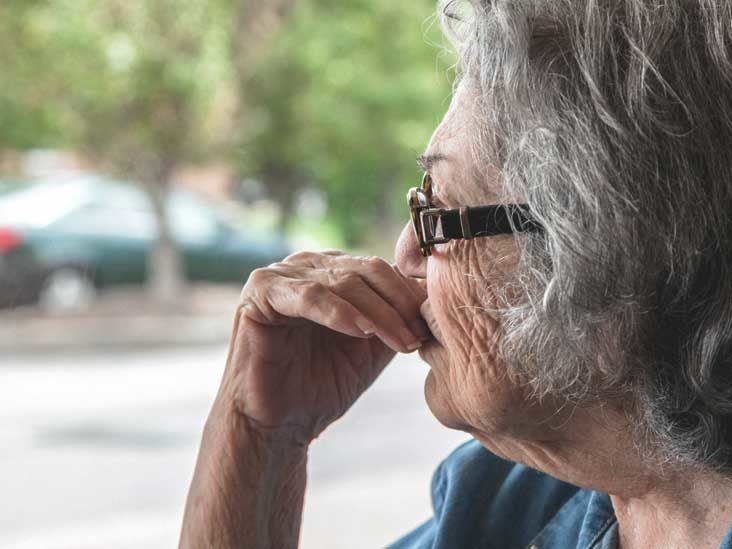
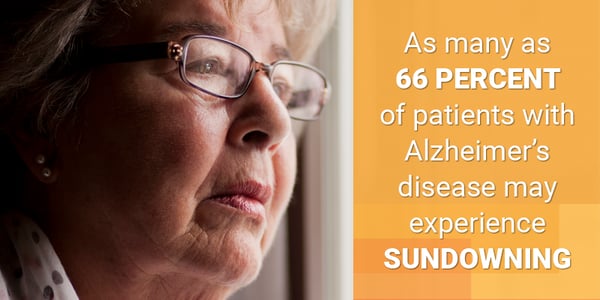


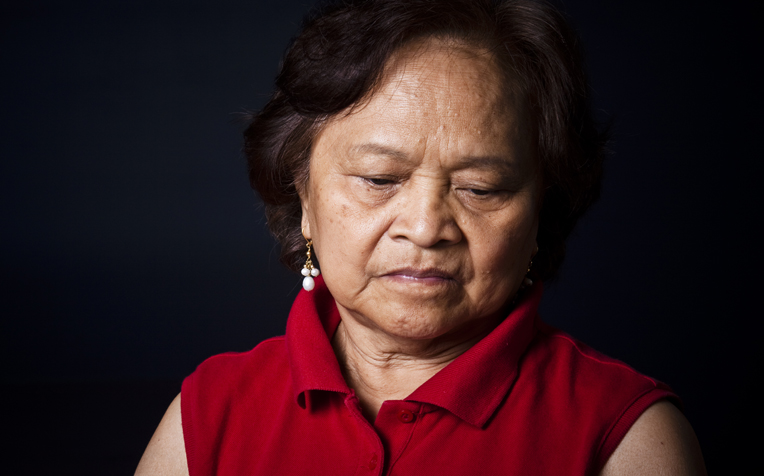








:max_bytes(150000):strip_icc()/129741007-569ff4295f9b58eba4ae1e2e.jpg)
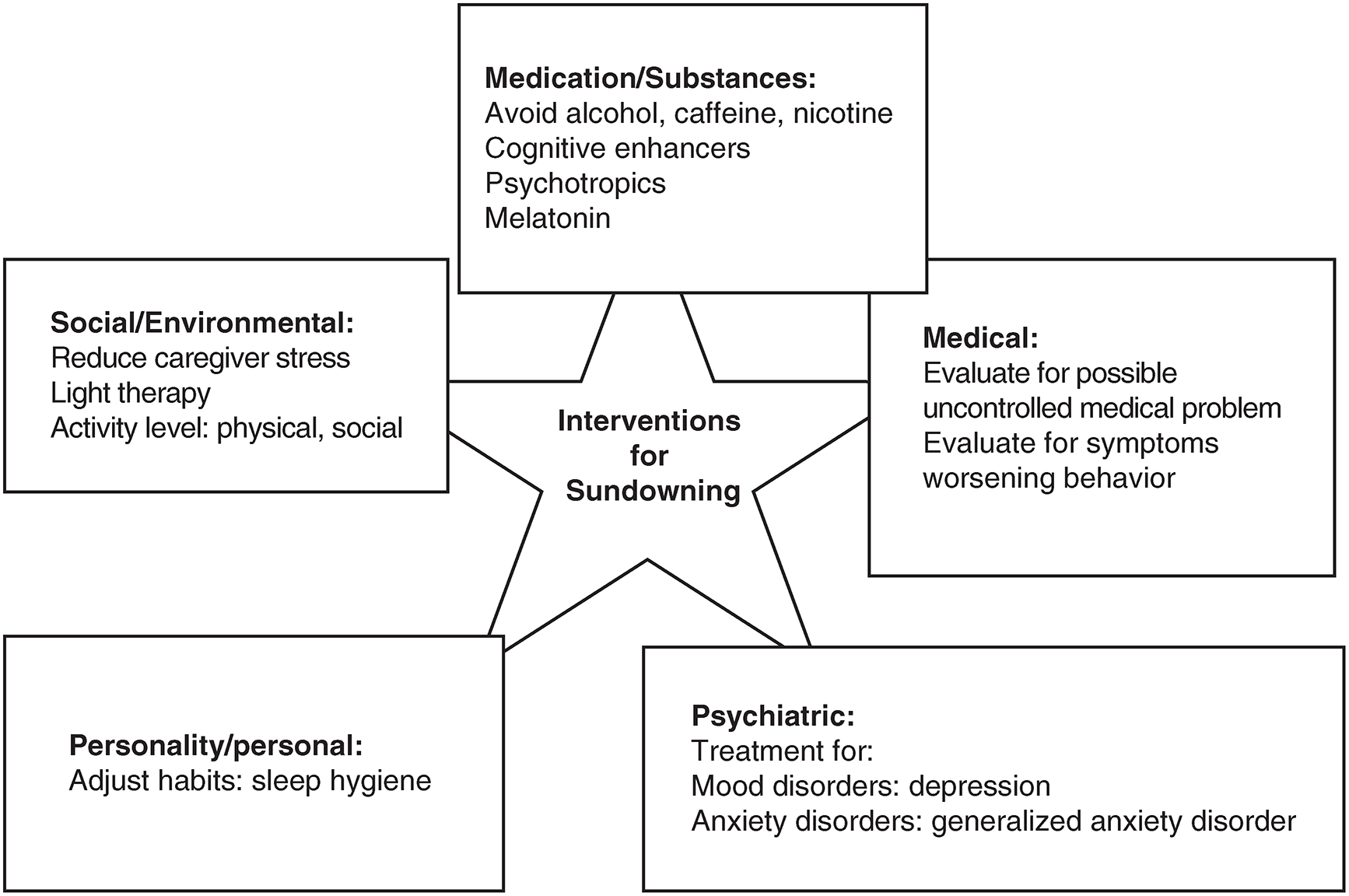
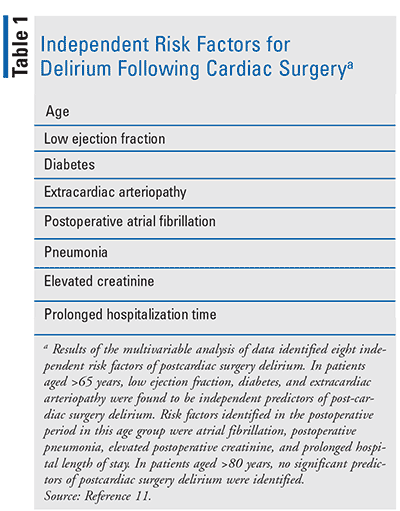


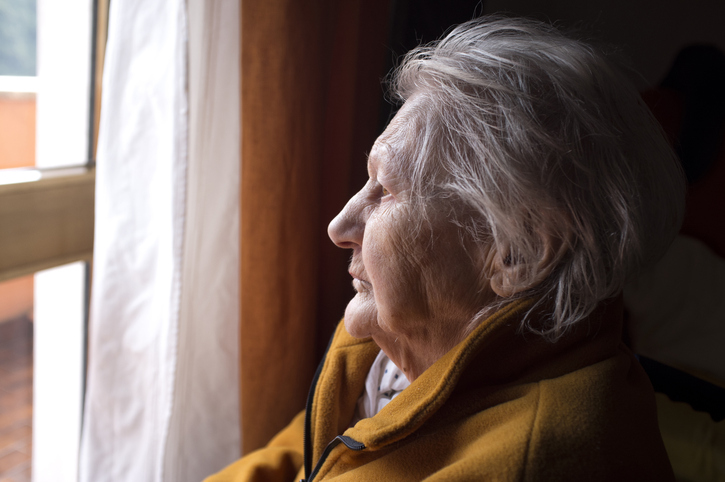
Post a Comment for "Sundown Syndrome After Surgery"